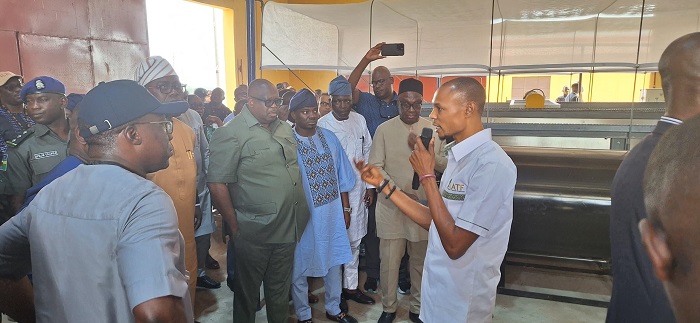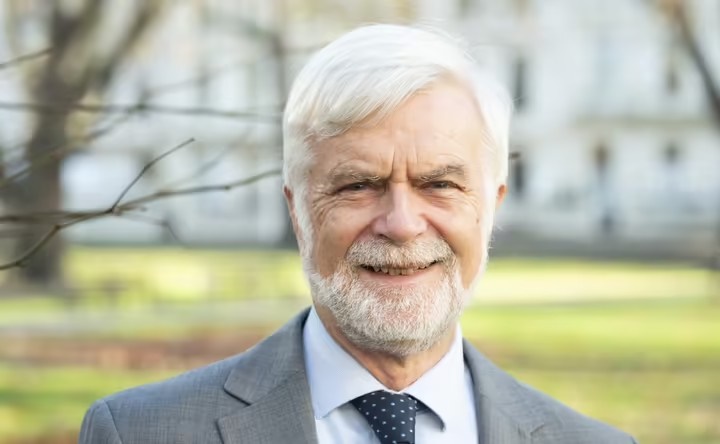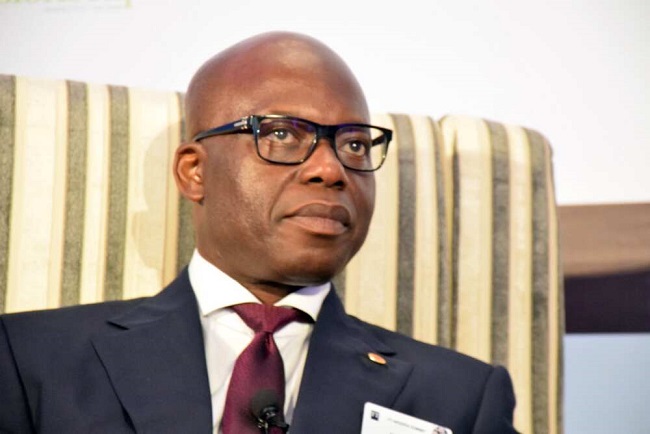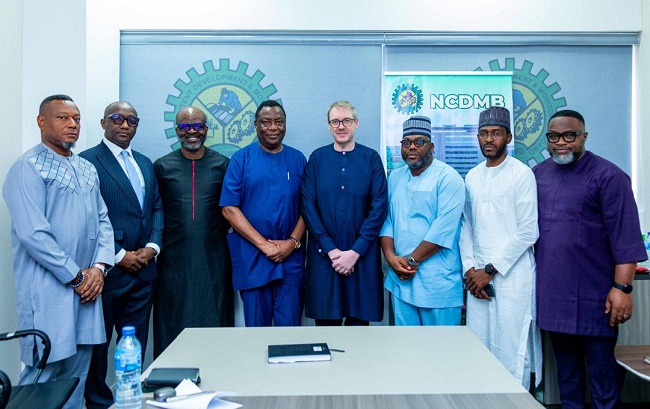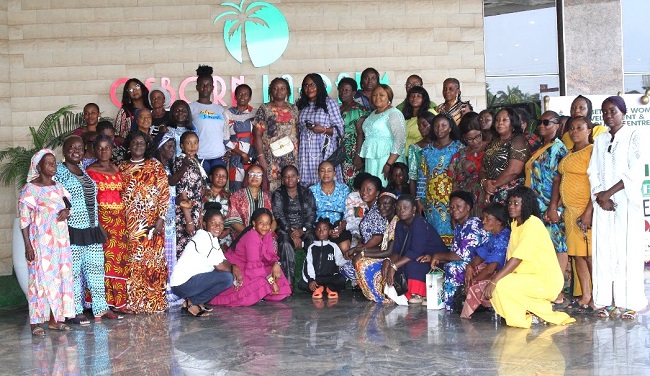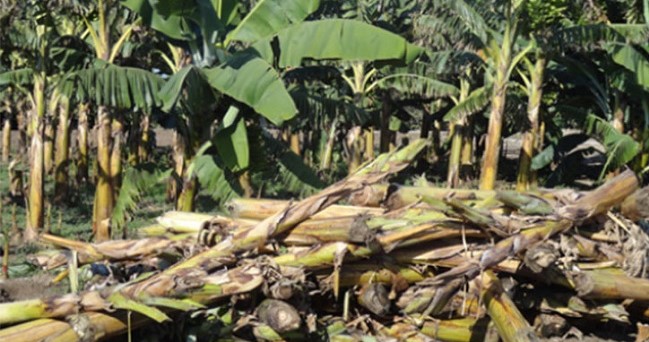Climate change is already causing all sorts of problems on Earth, but soon it will be making a mess in orbit around the planet too, a new study finds.
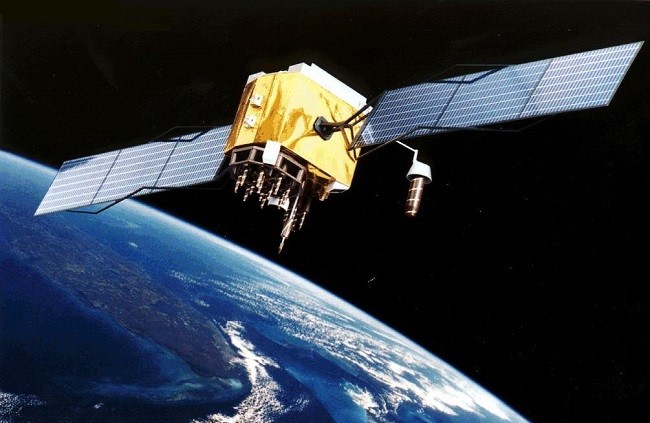
Researchers at the Massachusetts Institute of Technology calculated that as global warming caused by burning of coal, oil, gas continues, it may reduce the available space for satellites in low Earth orbit by anywhere from one-third to 82% by the end of the century, depending on how much carbon pollution is spewed. That’s because space will become more littered with debris as climate change lessens nature’s way of cleaning it up.
Part of the greenhouse effect that warms the air near Earth’s surface also cools the upper parts of the atmosphere where space starts and satellites zip around in low orbit. The cooling also makes the upper atmosphere less dense, which reduces the drag on the millions of pieces of human-made debris and satellites.
That drag pulls space junk down to Earth, burning up on the way. But a cooler and less dense upper atmosphere means less space cleaning itself. That means that space gets more crowded, according to a study in Monday’s journal Nature Sustainability.
“We rely on the atmosphere to clean up our debris. There’s no other way to remove debris,” said study lead author Will Parker, an astrodynamics researcher at MIT. “It’s trash. It’s garbage. And there are millions of pieces of it.”
Circling Earth are millions of pieces of debris about one-ninth of an inch (3 millimeters) and larger – the width of two stacked pennies – and those collide with the energy of a bullet. There are tens of thousands of plum-sized pieces of space junk that hit with the power of a crashing bus, according to The Aerospace Corporation, which monitors orbital debris. That junk includes results of old space crashes and parts of rockets with most of it too small to be tracked.
There are 11,905 satellites circling Earth – 7,356 in low orbit – according to the tracking website Orbiting Now. Satellites are critical for communications, navigation, weather forecasting and monitoring environmental and national security issues.
“There used to be this mantra that space is big. And so we can we can sort of not necessarily be good stewards of the environment because the environment is basically unlimited,” Parker said.
But a 2009 crash of two satellites created thousands of pieces of space junk. Also NASA measurements are showing measurable the reduction of drag, so scientists now realize that that “the climate change component is really important,” Parker said.
The density at 250 miles (400 kilometres) above Earth is decreasing by about 2% a decade and is likely to get intensify as society pumps more greenhouse gas into the atmosphere, said Ingrid Cnossen, a space weather scientist at the British Antarctic Survey who was not part of the research.
Cnossen said in an email that the new study makes “perfect sense” and is why scientists have to be aware of climate change’s orbital effects “so that appropriate measures can be taken to ensure its long-term sustainability.”

